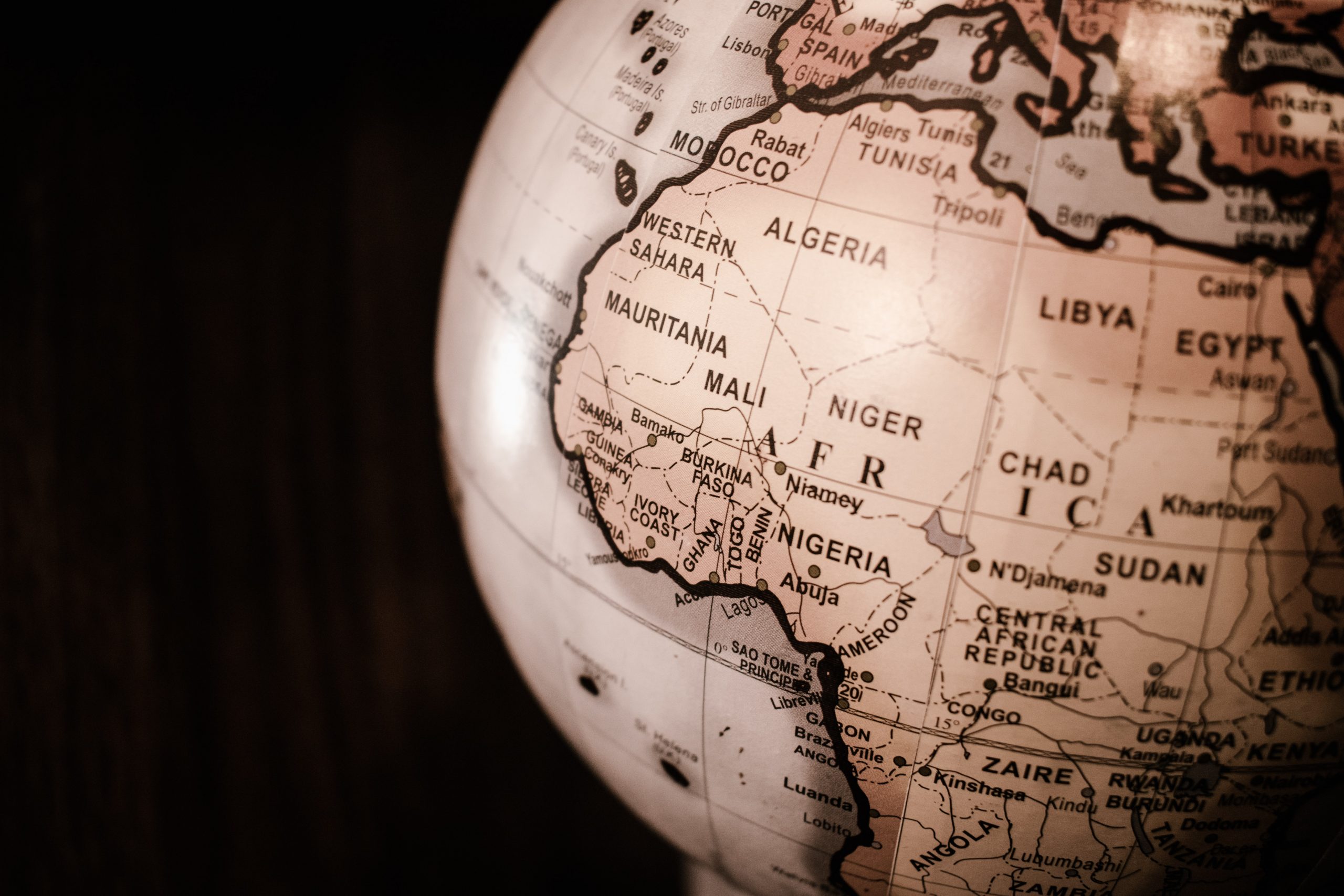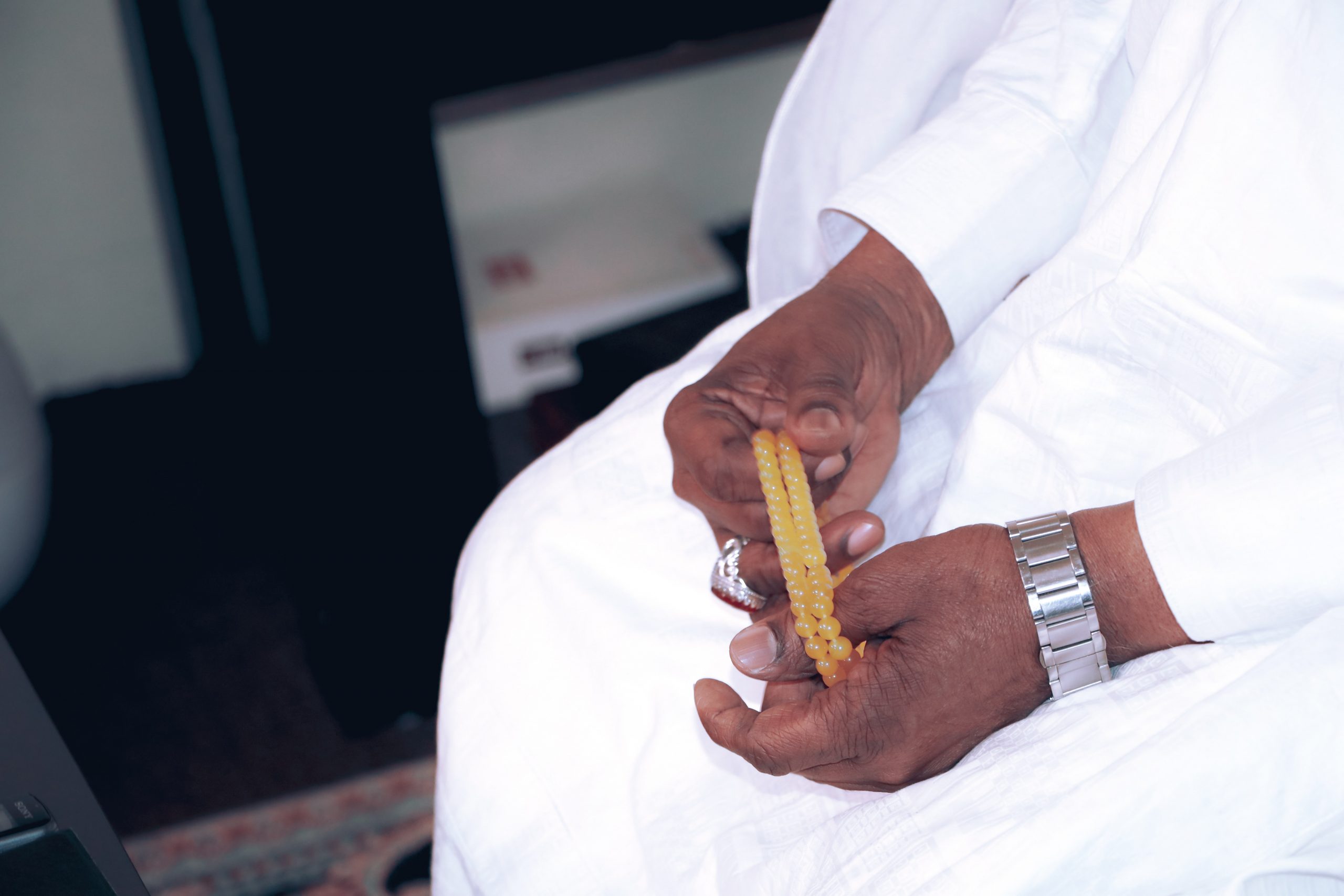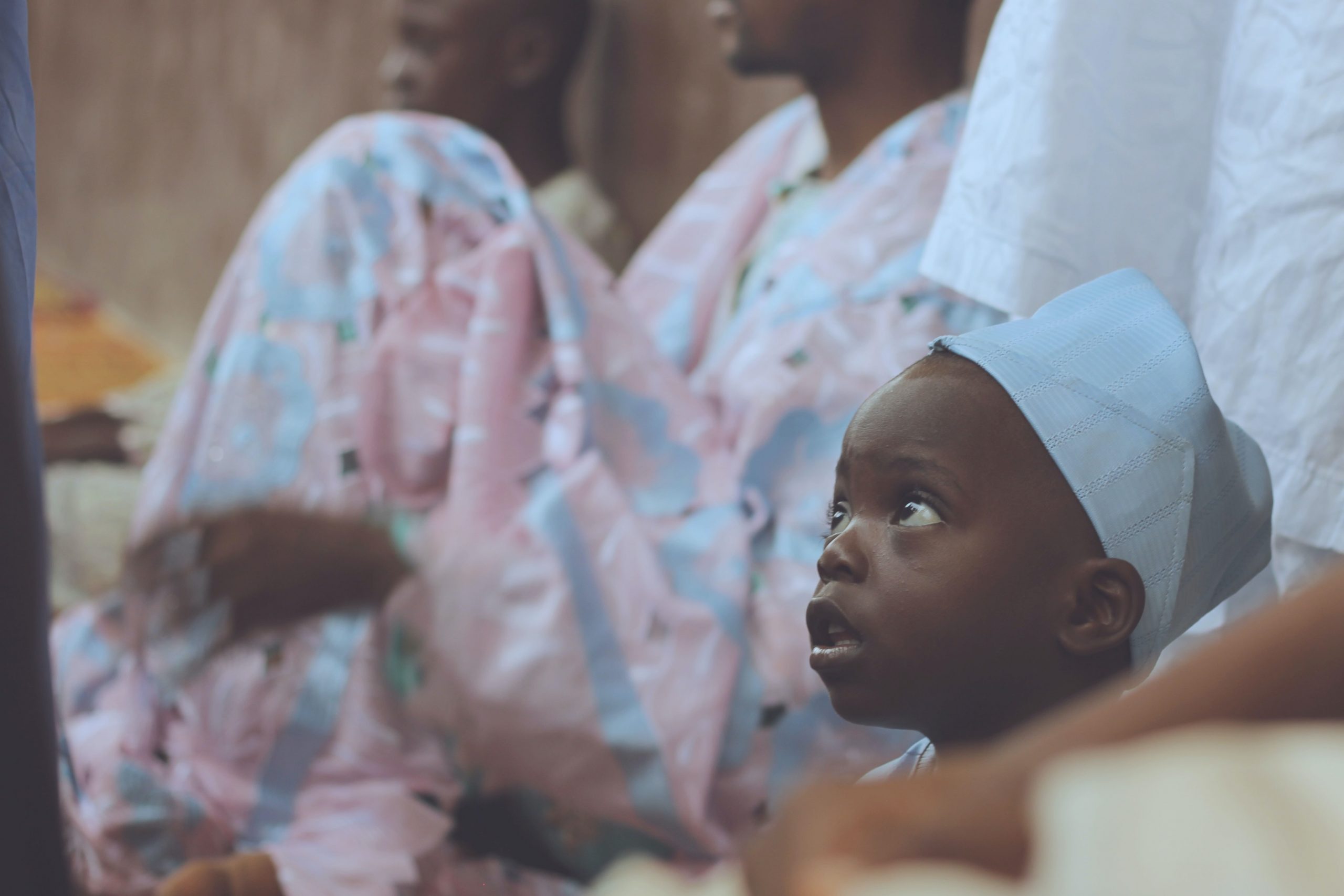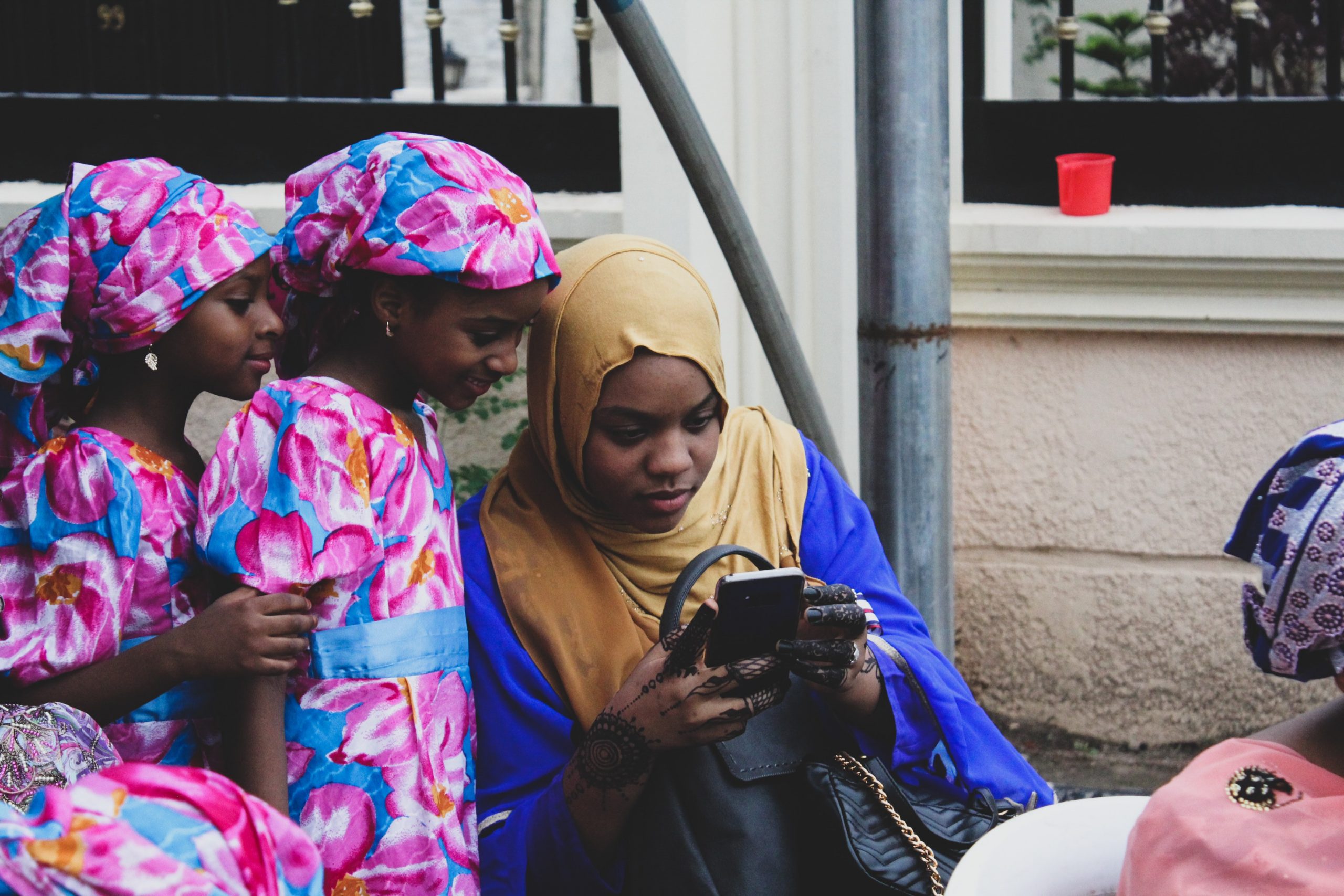#Culture
Islam In Nigeria [Part II]: Recent Trends, Future Possibilities, And The Social Impact Of Islamic Education
Published

How colonization derailed the course of Islamic education in Nigeria was covered previously in Part 1
By the late 1980s, nationwide economic and socio-political instability put the Islamic education system in Nigeria in further jeopardy. On the one hand, the teachers –especially the Mallams and Alfas who taught the old school ile kewu / tsangaya systems– dependent as they were on public goodwill, could barely make ends meet. They often resorted to dubious means (in some cases) -soliciting, selling ‘prayers’ and charm-like amulets, and lobbying the rich members of society- in order to survive. And while some Islamic teachers were increasingly employed in the new, restructured schools that were beginning to spring up, they were –in the south especially– only marginally better positioned, even with their regular income, than their other colleagues. The wages were notoriously low and they, too, were not always above the dubious practices of their less fortunate colleagues. This led to a loss of societal confidence in Muslim scholars, clerics, and Islamic education.
On the other hand, were the students. In the north, children sent to urban centers by their parents, under this (now called Almajiri) system, were drawn into the cycle of poverty; roaming the streets begging, soliciting, and occasionally committing petty crimes. It became glaring that the traditional system of Islamic education did not only leave its graduates economically vulnerable as adults, but concerns were also being raised that some of these graduates did not possess the spiritual or religious enlightenment expected from years spent studying divine sciences. Put through the academic rigors of a system that did not offer them an economically viable prospect, having lived in near poverty, and possibly engaged in less than stellar activities for years prior, many of these young people could not always afford to be scrupulous. In the north especially, there was concern for how some members of the elite and ruling class manipulated these students and graduates for their own nefarious purposes – using them as political thugs, for example. Of equal concern were their involvement in petty and not-so-petty crimes, and their susceptibility to radicalization by violent extremist groups like, most recently, the infamous Boko Haram.
Structured Schools for Islamic Studies
Keep supporting MuslimMatters for the sake of Allah
Alhamdulillah, we're at over 850 supporters. Help us get to 900 supporters this month. All it takes is a small gift from a reader like you to keep us going, for just $2 / month.
The Prophet (SAW) has taught us the best of deeds are those that done consistently, even if they are small. Click here to support MuslimMatters with a monthly donation of $2 per month. Set it and collect blessings from Allah (swt) for the khayr you're supporting without thinking about it.

Usually more affordable than the Western secular schools, these were often attended by children whose families could not afford, or were against the secular (or secular-only) schools. Or those from families that traditionally dedicated at least one of their children to the pursuit of Islamic studies, to fulfill a family legacy. It was not uncommon that a (usually first male) child would be sent to a conventional school, another (usually the second male or the girls) to an Islamic school, and others to various apprenticeships. Children who were considered ‘not too bright’ –and therefore not a viable investment for secular education– were also sent to these schools. In the south, the school system eventually overtook the traditional system as the pathway for Islamic education beyond the basic elementary level.
One major advantage of the school system was the opportunity it afforded, for the first time, girls to be educated in Islamic Sciences – on a large scale. This had previously been possible only for girls with learned men as their mahram, when those men were interested in teaching them. The legacy of Nana Asmau (1793 – 1864), scholar and sister to Usman dan Fodio, founder of the Sokoto caliphate, in training women teachers to educate women of the region in literacy and Islamic knowledge did not survive the sacking of the caliphate. With the new school system, it became the norm for more girls to be enrolled, making them the majority of the schools’ pupils, while the majority of boys still pursued the traditional pathway. In this manner, both systems co-exist in northern Nigeria, till today.
Under this school system, the elementary stage included learning to read and write both Arabic and the local language, and memorizing the last few ajzaa’ of the Qur’an. Secondary school students were mostly adolescents who had mastered the basic recitation of the Qur’an and could read and write the Arabic language. They studied from a curriculum that was increasingly diversified to reflect different areas for specialization. Beginning with general studies, where the meaning of the Qur’an is taught by translation (Tarjama) into the local language and by exegesis (Tafsir), students are then introduced to the traditions of the Prophet 
Students spend between four to eight years, depending on the school, learning these subjects from different teachers using regulated texts. Eventually, students are expected to choose a subject for specialization and find scholars specialized in that field, if available, to study from. Or, like in times past, proceed to a university of international repute to continue with their studies – institutions like Universities of al-Az’har, Timbuktu, Sankore, and Jenne have been instrumental to the course of Islamic studies among Nigerian students of knowledge. In the late 1990s and early 2000s, Saudi Arabia and Malaysia increasingly became the destination of choice. In recent times, difficulties with accessing these institutions, as well as increased numbers and renown of Nigerian Islamic scholars, there are now often local scholars competent enough to teach these areas.
Criticisms leveled against the school system include the allegation that it had sacrificed the intensity of learning and the actual acquisition of knowledge by the students on the altar of academic stratification. That students passed or moved on to the next stage based solely on arbitrary concepts like term/semester, class/level, exam scores/performance, and milestone achievement/graduation. The result, it is argued, was graduates who might have spent the required number of years in an institution but were not sufficiently learned to be considered scholars of Deen in the traditional sense. Nevertheless, there was no arguing that graduates of these schools were more prepared than those of the traditional system, in terms of future economic prospects. They could choose to pursue further education in the Islamic (the only option for Southern graduates) or secular (Northern graduates only) fields, or they could stop studying at that level, usually to become teachers in the same educational system.
Secular Educated Students of Knowledge

Starting with informal halaqahs where basic tenets of Islam were taught -this time as much in English (particularly in the south) as in the local languages– young Muslims started to gather to learn more about the Deen. Informal and semi-formal classes sprung up on university campus masaajid, then spilled into the community, teaching the basics of Deen to people who, for the most part, had not been exposed to this knowledge. As a product of this wave myself -only learning to recite the Quran in Arabic as a high school graduate, while waiting for my university admission- my memories of being at the university of Ibadan are replete with MSS (Muslim Students’ Society)-organized lessons in tajweed and Arabic. These soon gave way to taking more intensive classes from local teachers in the city – Arabiyyah classes in Agbowo and Hifdh/ Tajweed/Tafseer classes at Oja-Oba central mosque. Then there were the halaqahs and different circles of learning programmes organized by Deen Communications Limited, Lagos for which we braved inter-state travel.
Many students took their quest for Islamic knowledge much further than what my own reality as a female medical student allowed; seeking out, and studying the books of classical scholars from as many teachers as they could find willing to teach. In this way, a parallel pathway for studying Islamic Sciences emerged, to cater to the needs of the young, educated Muslims who wanted to undertake more intensive study of the Deen. Local scholars and teachers set up classes and schools, often modeled after the restructured schools that most of them had passed through, but which were more flexible – to accommodate the practicalities of their students. These schools/classes ran on evenings and weekends, and sometimes after Fajr. Some students study as a cohort while others have individual classes. Some students only learned one subject, while others took a more intensive approach. Such schools and the teachers who operated them were a huge part of reviving the spirit of Islam in Nigeria; in the south especially, and particularly among the youngest members of Gen X as well as the millennials.
Newer Schools and Universities for Islamic Education
With time, and as this generation of Nigerian Muslims grew into parenthood, they wanted a different conceptualization of education for their children. Northern Muslims were no longer willing to be marginalized on the pretext of their lagging behind on the perceived Western secular education scale, and the Southern Muslims were not going to risk raising their own children the way they had been raised – separate from anything beyond the basic knowledge of their religion.
This has led to an approach to education that tried to combine the Western secular subjects and the Islamic Sciences without compromising either, to varying success. Ranging from primary and secondary schools that include Arabic and Islamic Sciences among the regular subjects, to specialized colleges for Islamic Sciences, there has been an increase in the number, quality, and specialization of schools offering Islamic education to Nigerian children. In addition, a note-worthy phenomenon is the appearance of “stop-gap schools” for hifdh and learning the Arabic language. Parents enroll their children for a year or two during transitional periods of secular education e.g. between primary and secondary, or after high school graduation and before university.
These newer schools are often privately run; established as a collaboration between traditionally / Islamic-school-trained scholars and teachers and the Islamic education-minded; usually the secular university graduate, or members of the Muslim community. Depending on the people (or capital) involved and their projected clientele, some of these schools rival other private educational institutions in the country for their educational standards and tuition fees, increasingly making the long-held notion of “Muslim school” as substandard becoming an outdated one.
Possibilities Opening for the Future – Pandemic/Post-Pandemic Trends

With the pandemic and the resultant lockdown, some teachers began hosting virtual halaqahs and classes, in some cases evolving into fully virtual arms of their existing programs, or setting up new programs entirely. The possibilities for these avenues of seeking Islamic knowledge are exciting and far-reaching. The students of knowledge I spoke to for this article – males and females; traditionally-trained, Islamic school graduates and non-traditional students of knowledge – all share a palpable optimism for the newest trends of virtual learning, citing that they might not have to drop out after graduating/marriage/moving away from their teacher’s locality (females) or traveling far distances to access knowledge (males).
Effect of the Renewed Culture of Islamic Education in Nigeria
Probably the most impactful upside of these recent developments in the evolution of Islamic education, quite apart from a general increase in the baseline level of knowledge of the average Nigerian Muslim compared to when I was growing up in the late 80s/90s, is that seeking knowledge of the Deen is once again seen as a positive thing. Either as a career option – scholars or teachers of the Deen – or as a form of personal religious growth, the stigma against Islamic education is reducing.
Whilst still not on par with secular Western education with its promise of economic security in the future, Islamic education is nevertheless no longer seen as useless or unworthy, only for the poor, dull, or female children. Indeed, it is more common that Nigerian Muslims now consider it an extra feather in the cap if, say the student graduating medical school with honors is also a hafiz (ah) of the Qur’an. It is no longer considered an anathema to aspire to Islamic scholarship, or to study at any of the departments of Arabic and Islamic studies in the nation’s -including many Muslim-owned private-, universities. Especially as many graduates from such institutions go on to pursue advanced degrees from countries like Saudi Arabia and Malaysia.
This increased prestige of Islamic knowledge, with many more Nigerian Muslims engaging with it, has – in part, at least – led to Muslims of Nigeria increasingly standing up to confront the legacies of colonization that, for a long time, tried to keep them educationally and politically disenfranchised. Over the past few decades, Muslims in Nigeria – especially in the south – have demanded the right to leave work early on Fridays, in most workplaces, and to not have academic programs scheduled at Jumu’ah time. Gone are the days when you could not be openly Muslim in school; students use their Arabic “Muslim” names routinely, and female students in public institutions are increasingly demanding the right to wear hijab. Nurses too, in government hospitals, because some administrators continue to push against the hijab, despite the official word from the Nursing Council since the early 2000s allowing it.
Almost six decades after the end of colonization, Nigerian Muslims are finally reclaiming the legacy stolen from them; of education, of knowledge, and of pride in their religious identity.
References:
https://kirusuf.wordpress.com/technology/by-period-and-geography/education/205-2/
Ogunbado, Ahamad. (2012). Impacts of Colonialism on Religions: An Experience of Southwestern Nigeria.. IOSR Journal of Humanities and Social Science. 5. 51-57. 10.9790/0837-0565157.
Related reading:
– Islam In Nigeria [Part I]: A History
– Servants of Allah: African Muslims Enslaved in the Americas | Book Review
Keep supporting MuslimMatters for the sake of Allah
Alhamdulillah, we're at over 850 supporters. Help us get to 900 supporters this month. All it takes is a small gift from a reader like you to keep us going, for just $2 / month.
The Prophet (SAW) has taught us the best of deeds are those that done consistently, even if they are small. Click here to support MuslimMatters with a monthly donation of $2 per month. Set it and collect blessings from Allah (swt) for the khayr you're supporting without thinking about it.
Muti'ah is an Obstetrician-Gynecologist, homeschooling mother, writer and multiple-award winning author. Her books, mostly contemporary Islamic fiction, write to the Nigerian Muslim experience.


Faith, Identity, And Resistance Among Black Muslim Students

Moonshot [Part 12] – November Evans

From The Prophets To Karbala: The Timeless Lessons Of Ashura For Muslims Today

Moonshot [Part 11] – The Fig Factory

Nationalism And Its Kurdish Discontents [Part II of II]: Kurds And Turkiye After Ottoman Rule

Moonshot [Part 11] – The Fig Factory

Moonshot [Part 12] – November Evans

Moonshot [Part 10] – The Marco Polo

Moonshot [Part 9] – A Religion For Real Life

Nationalism And Its Kurdish Discontents [Part II of II]: Kurds And Turkiye After Ottoman Rule

[Dhul Hijjah Series] Calling Upon the Divine: The Art of Du’a (Part 1)

IOK Ramadan 2025: Four Steps | Sh Zaid Khan

IOK Ramadan 2025: Do Your Best | Sh Zaid Khan

IOK Ramadan 2025: Giving Preference to Others | Sh Zaid Khan




Ayatullah Muhammad
February 18, 2023 at 2:03 PM
Finally MM Htown we going Global. Being waiting for this.